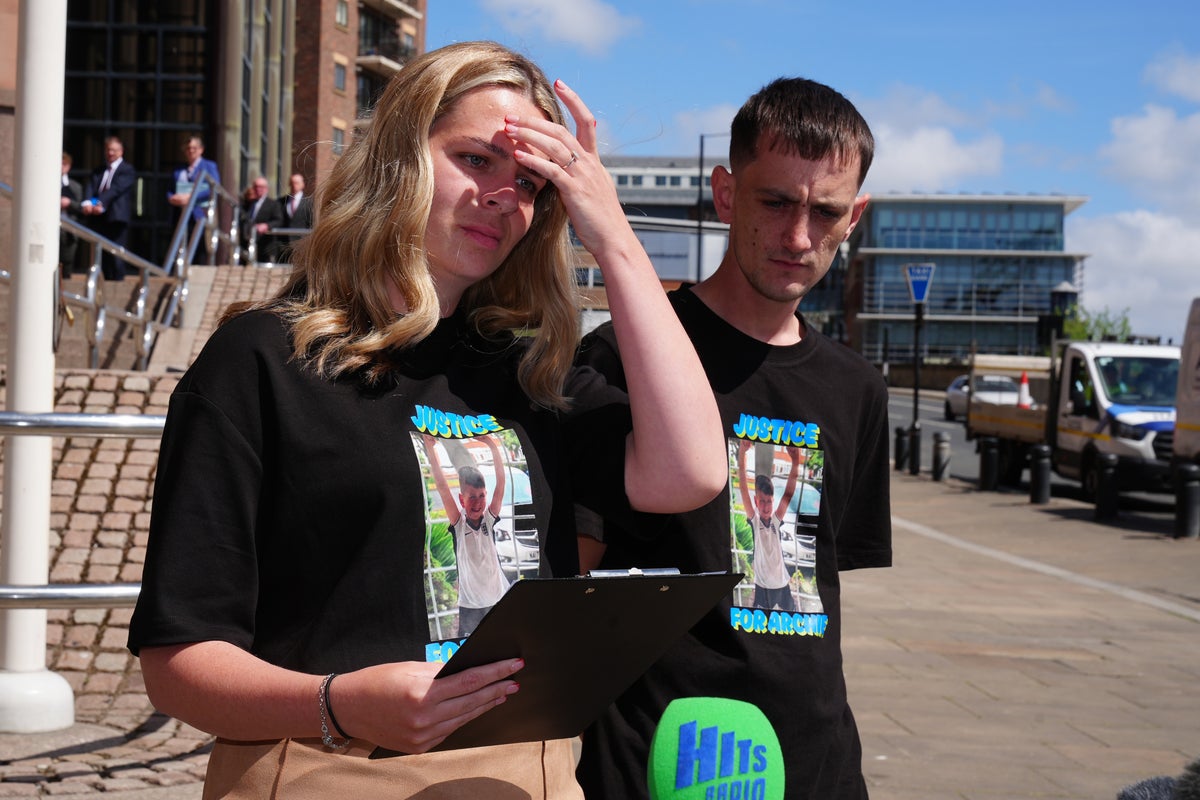ARTICLE AD BOX
Banana, the world’s most consumed fruit, is facing an existential threat from the climate crisis, a new report has warned.
Extreme weather, drought, flooding, and climate-linked fungal diseases are devastating banana crops, especially in Latin America and the Caribbean, which account for 80 per cent of global banana exports.
In the absence of urgent action, 60 per cent of the region’s most suitable banana-growing areas could become uncultivable by 2080, according to the report by the charity Christian Aid.
“Climate change has been killing our crops. My plantation has been dying,” Aurelia Pop Xo, a banana farmer in Guatemala, told the charity.
“There is no income because we cannot sell anything. In the past there was a prediction that this would happen in the future, but it has come earlier.”
Banana is the fourth most important food crop globally after wheat, rice and maize. Over 400 million people rely on it for up to 27 per cent of their daily calories.
But the fruit is becoming increasingly vulnerable. Most exported bananas come from a single cloned variety, the Cavendish, making them especially susceptible to disease.
One such disease, Fusarium Tropical Race 4, has already wiped out plantations in parts of Asia and Latin America and it is spreading due to rising temperatures and increased flooding. Another disease, Black Leaf Streak, which thrives in hot and wet conditions, can cut banana yields by 80 per cent.
Banana-producing countries like Guatemala, India, and Costa Rica are seeing declines in crop yields and rising social and economic pressures. Farmers face not only failed harvests but also exposure to harmful pesticides, often used to protect monoculture plantations from pests and disease.

Christian Aid has called for urgent action from richer countries to cut carbon emissions and provide climate finance to support farmers in vulnerable countries.
It has also recommended a shift to resilient, sustainable banana farming, including investment in drought-tolerant varieties, improved irrigation, and fair trade practices.
“Banana growers are facing ever more precarious conditions as a consequence of climate change,” Holly Woodward-Davey from the campaign group Banana Link said. “Without systemic change, we risk witnessing the devastation of the Cavendish banana.”
Christian Aid’s Osai Ojigho said: “We need to wake up to the danger posed by climate change to this vital crop. The lives and livelihoods of people who have done nothing to cause the climate crisis are already under threat.”
The charity has urged consumers to support banana farmers by choosing Fairtrade and organic bananas, which support better incomes and reduce chemical use.
Countries are also being pressed to use this year’s updated national climate plans under the Paris Agreement to accelerate emissions reductions and commit to fair contributions towards climate adaptation.









 English (US) ·
English (US) ·